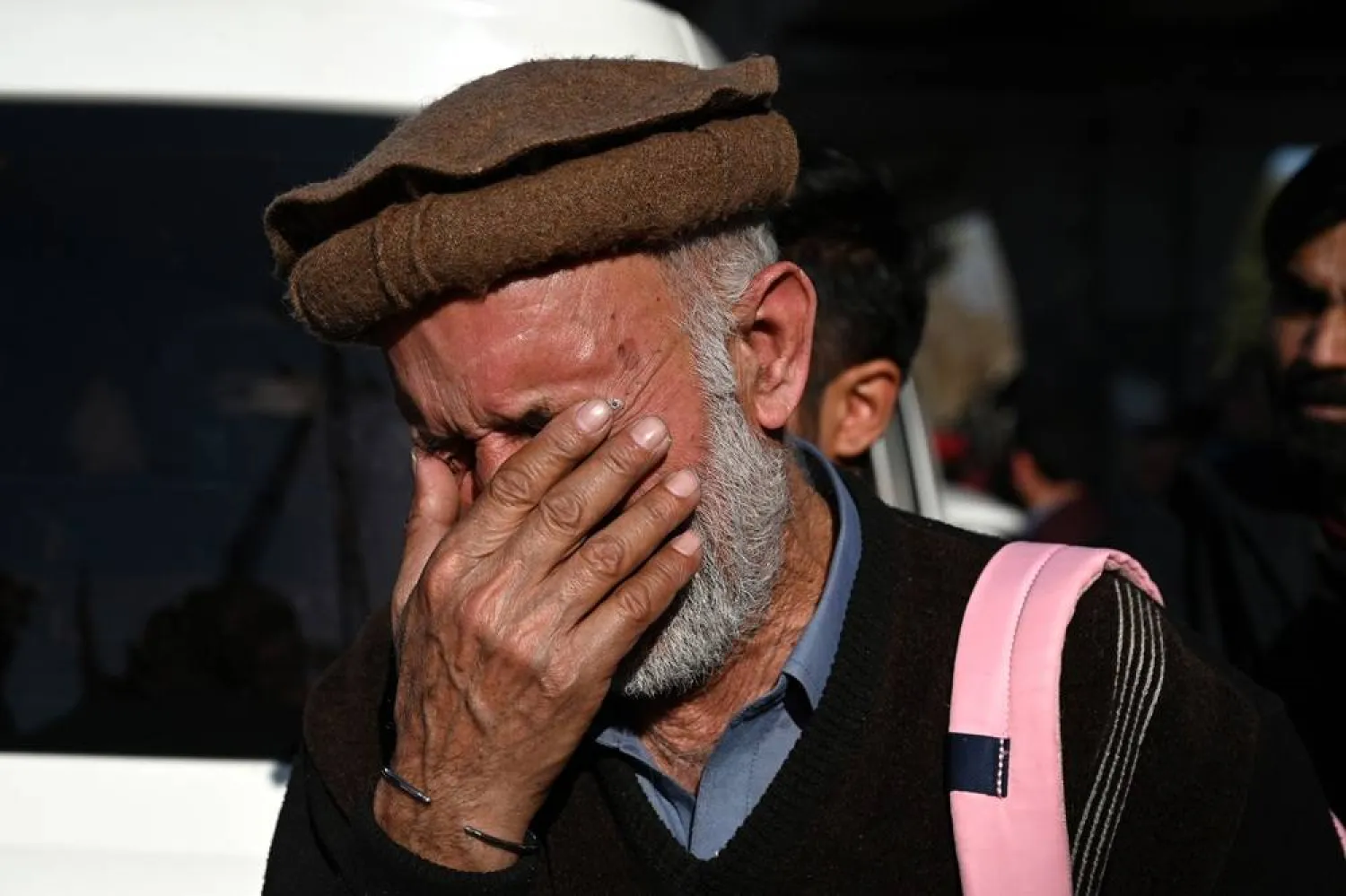Saudi Arabia and Greece began working on strategic cooperation on several issues of joint interest, including electricity generation through renewable energy and exporting electricity produced by renewable energy to Greece and Europe.
The two countries also agreed on cooperation in clean hydrogen, including low-carbon and green hydrogen, and its transfer to Europe.
The two countries issued a joint statement at the end of Crown Prince Mohammed bin Salman's two-day visit to Greece.
The statement highlighted the importance of the memorandum of understanding signed between the two countries in the energy field. It also lauded the formation of a joint technical team in electrical interconnection and exporting electricity to Greece to make the necessary studies and start implementation accordingly as soon as possible.
The two sides agreed to enhance cooperation in the circular carbon economy approach and its technologies such as carbon capture, reuse, transfer and storage, and carbon direct air capture to reduce the effects of climate change.
They also agreed on cooperation in energy efficiency and the transfer of knowledge, experiences, and best practices in innovation and emerging technologies such as artificial intelligence in the energy sector and the development of clean technologies to use hydrocarbon resources in various applications in the industrial and construction fields.
Regarding climate change issues, the two sides stressed the importance of adhering to the Framework Convention on Climate Change principles and the Paris Agreement.
They asserted the necessity to develop and implement climate agreements by focusing on emissions without sources.
Greece also praised the Saudi Green Initiative and Middle East Green Initiative, expressing its support for Saudi Arabia's efforts in the climate change field and reducing emissions.
Saudi Arabia welcomed Greece's ambitious green agenda, especially the islands' green economy initiative.
The two countries agreed to boost their cooperation regarding the trade exchange of crude oil, petroleum products, and petrochemicals.
The two sides agreed to enhance multi-dimensional cooperation in defense and security based on the results achieved within the framework of the bilateral comprehensive military cooperation agreement that was signed during this visit.
The agreement provides a comprehensive framework for establishing more cooperation in defense to enhance security and stability in both countries and the entire region.
The statement stressed the importance of enhancing economic cooperation between the two countries by aligning the objectives of Vision 2030 and the Greek National Recovery and Resilience Plan (Greece 2.0).
They also affirmed their keenness to support investment integration opportunities between the two countries in several sectors of common interest.
The two sides praised the signing of the agreement to encourage and protect mutual investment in their belief in the private sector's vital role in achieving the ambitious investment programs.
The two sides renewed their determination to encourage investment partnerships between the private sectors in the two countries, enhance joint work and coordination by providing facilities, and find solutions to any challenges the private sector may face by strengthening investment and trade exchange.
They highlighted the fruitful results of the 5th session of the Saudi-Greek Joint Committee in Athens in May 2022, the Saudi-Greek Business Council, and the results of the Saudi-Greek Investment Forum in May 2022 in Athens.
During the visit, they praised the round table meeting between the Saudi and Greek companies.
The two sides welcomed the signing of several agreements and MoUs between the private sectors, amounting to about SR14 billion in energy, renewable energy, infrastructure, tourism, maritime transport and logistics, communications and information technology, health care, and food.
The two sides welcomed the signing of a data cable project agreement to strengthen the infrastructure for data transmission between Asia and Europe.
Later, Crown Prince Mohammed bin Salman attended the dinner banquet hosted by Greek Prime Minister Kyriakos Mitsotakis at the Acropolis Museum in Athens.
The Crown Prince and the Greek Prime Minister witnessed the signing of a memorandum of understanding between the two countries for cooperation in the cultural field.
The Crown Prince toured the Acropolis Museum and was briefed on its contents of archeological and historical antiquities and artifacts.









